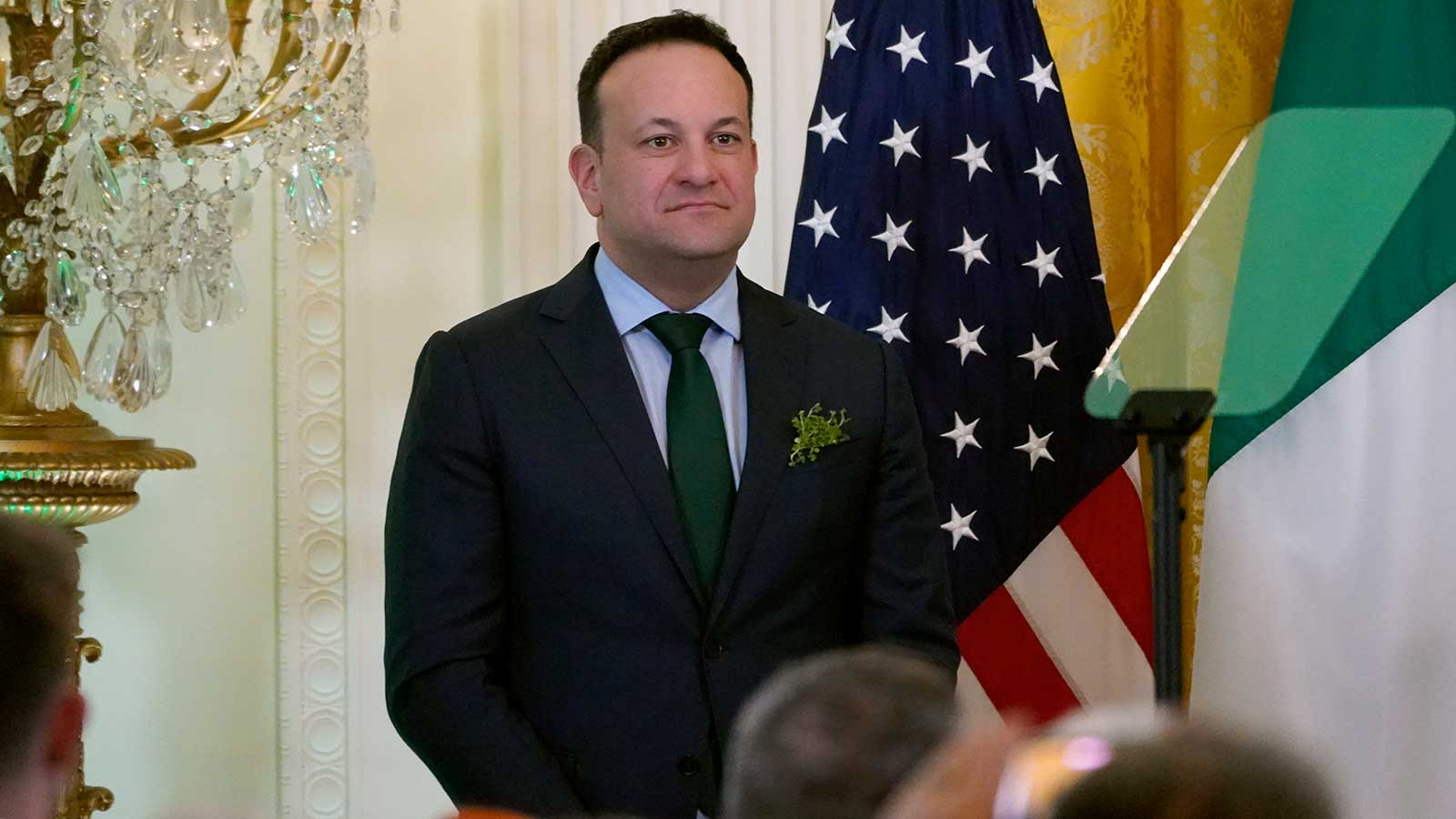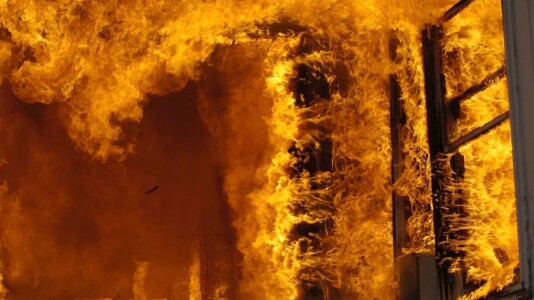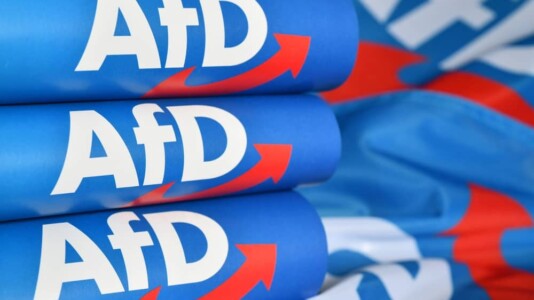Leo Varadkar has announced his resignation as the prime minister of Ireland and will step down as soon as a successor is elected.
In an emotional address to the country on Wednesday, the liberal politician confirmed he would be standing down as both Irish Taoiseach and the president of his Fine Gael party.
Varadkar reeled off a list of his own personal achievements, saying it had been an honor to lead Ireland to “full employment, from austerity to prosperity, and through a pandemic in which we saved lives and livelihoods.”
He praised his administration’s commitment to “the LGBT community” and expressed his pride in welcoming “over 100,000 Ukrainians to Ireland when they needed our protection, notwithstanding the challenges this brings.”
The Irish leader did acknowledge that there were areas “in which we have been much less successful and some where we have sadly gone backward” without offering any qualification. “I hope you’ll forgive me if I leave it to others to point them out on a day like this. They will receive plenty of airtime and column space,” he noted.
“On a personal level, I’ve enjoyed being Taoiseach, party leader, and a cabinet member since March 2011. I’ve learned so much about so many things, met so many people who I would never have got to meet. I’ve been to places I would never have seen, both home and abroad,” he said.
“However, politicians are human beings and we have our limitations. We give it everything until we can’t anymore, and then we have to move on. I will of course continue to fulfill my duties as Taoiseach until a new one is elected.
“I know, inevitably, there’ll be speculation as to the ‘real’ reason for my decision. These are the real reasons. That’s it. I have nothing else lined up. I have nothing in mind. I have no definite personal or political plans. But I’m really looking forward to having the time to think about them,” he added.
Public calls for Varadkar and his administration to resign had been growing in Ireland following the government’s sizeable defeat in two referenda held earlier this month on proposed amendments to the Irish Constitution.
The two amendments comprehensively rejected by the Irish electorate pertained to the family and care, proposing the extension of the meaning of “family” beyond marriage between a man and a woman, and deleting references to the centrality of a woman’s “life within the home,” replacing this with a genderless term. The amendments were defeated by 67.7 percent and 73.9 percent of the vote, respectively.
A rise in opposition against the government’s open-borders agency also exerted considerable pressure on Varadkar amid sky-high immigration and asylum applications.
Even Varadkar himself admitted last October that the level of asylum and immigration being witnessed was unsustainable in the medium term, warning that the country’s infrastructure would soon collapse if it continued at the current rate.
“If [50,000 people] arrived over the course of the next year — and based on current numbers, it wouldn’t be far off that — we just don’t know if we’re able to provide that level of accommodation,” he said at the time.
Asylum applications have continued to flood in at the same rate — an issue that will now need to be addressed by Varadkar’s successor.
Speaking to Remix News, President of the Irish Freedom Party Hermann Kelly declared Varadkar’s resignation as a “great day for Ireland.”
“A man who has done so much damage to Ireland resigns. After seven years in power, he leaves behind a legacy of open borders and a much less safe country allied to a massive housing crisis and youth emigration.
“The referenda result of two weeks ago should be the first signal that rampant globalism in Ireland is being challenged for the first time in decades. Hopefully, he will be one of the first of many losses and resignations from Hibernophobic political ranks,” he added.






